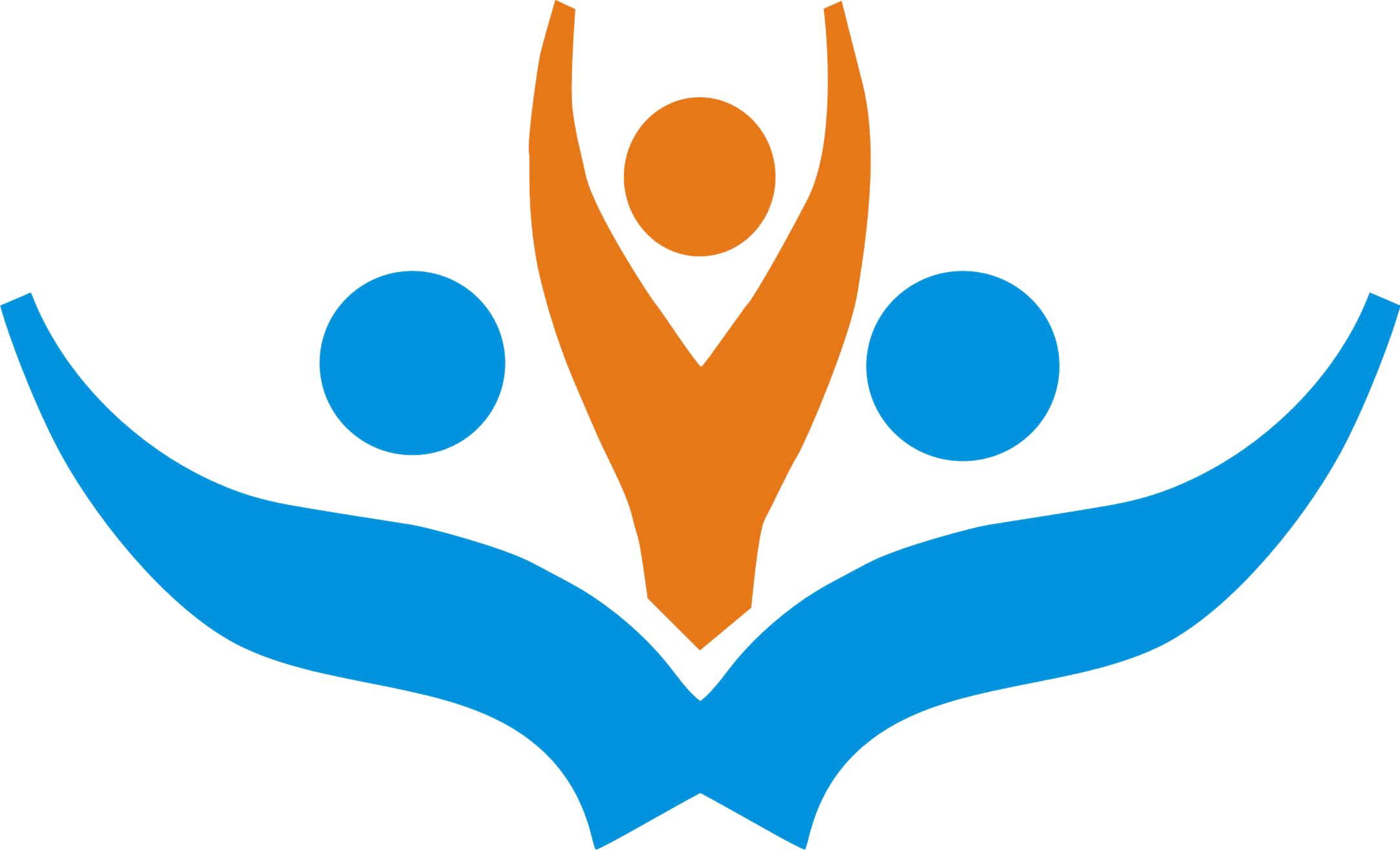
All children deserve to have the best start in life
Early support from parents and caretakers enables young children to acquire the social and emotional skills, knowledge and attitudes necessary for school and later life. Parents engaging in learning activities such as speaking to their baby and reading with their child are shown to have a great impact on levels of communication. A child’s communication environment is a more dominant predictor of early language than their social background. So, this is an important part of successful early development.
School readiness is a strong indicator of how prepared a child is to succeed in school – cognitively, socially and emotionally. To assess how school ready a child is a measure called the good level of development is used. A child with a good level of development at the early years of foundation stage, from birth to five years old, will have reached the expected level in all the prime areas of learning. Evidence shows that those who do not reach a good level of development by age five, will go on to struggle with key skills such as communication, language, literacy and mathematics. Levels of school readiness links to educational attainment, which impacts life chances; it has been shown to impact on health, career, involvement in crime, and even death.
AUTISM SPECTRUM DISORDER
Autism Spectrum Disorder, or Autism as it is more commonly known, is a developmental disability that affects how people communicate and experience the world. Diagnoses are on the rise and it is estimated that approximately one in every hundred children in India has Autism. It is thought that for every three children with a diagnosis of Autism there are another two children who have the condition but have not been given a formal diagnosis.
Autism is described as a ‘lifelong, developmental disability that effects how a person communicates and relates to other people and how they experience the world around them’. Autism Spectrum Disorder is a spectrum condition which affects people in different ways. People with Autism may experience differences and impairments in social interaction and communication, together with restricted interests and repetitive and rigid behaviors, which often have a lifelong impact. People with Autism also frequently experience a range of learning, language, cognitive, medical, emotion and behavioral problems. These can encompass the need for routine and difficulty in understanding other people’s intentions, feelings and perspectives.
An increase in diagnosis rates has led to an increased focus within national programs and on the governmental agenda. However, children and young people and their families are still struggling to access diagnostic and support services across the country.
Children and young people with Autism and their families are subject to health inequalities such as access of diagnostic, support services and diagnostic overshadowing, where other physical health concerns are put down to their diagnosis of Autism. Within education, children with special educational needs such as Autism are almost seven times more likely to be excluded from school than children with no additional needs.
LEARNING DISABILITIES
It is estimated that more than 1.5 million people have a learning disability in India. A learning disability can be defined as a disorder that inhibits the ability to process and retain information. It can affect how a person communicates with other people and how they understand information that is given to them.
Four most common learning disabilities are:
• Dyslexia: It impedes a student’s ability to read and comprehend text. Signs that a child has Dyslexia can include; reading slowly, mixing up letters in words when writing, poor spelling, difficulty recognizing sounds and difficulty in carrying out a set of instructions.
• Attention Deficit Hyperactivity Disorder (ADHD): This is a neurodevelopmental disorder that affects behavior. Children find it difficult to pay attention in class or to focus on a task, becoming easily distracted. Few children can show signs of hyperactivity and impulsivity.
• Dyscalculia: This disorder is one that affects a student’s ability to do mathematics. It could be that the student cannot order numbers correctly or that they find it difficult to solve maths problems, even basic calculations.
• Dysgraphia: This learning disability deals with writing. Children of normal intelligence have difficulty with written expression, struggling to put their thoughts down onto paper. The child may have trouble writing at a normal speed and what they write may not be easily readable or coherent.
Specific learning disabilities like these can make it difficult and sometimes impossible for a child to achieve the same results as his or her peers in a traditional classroom setting. Some children face a constant struggle with reading and writing and many are at risk for developing low self-esteem, particularly when their condition goes undiagnosed and untreated.
At Chetna Foundation, we are dedicated to help parents realize their children’s significant gifts and talents and demonstrating that with their love, guidance and the right support, their children can live happy and productive lives. We are committed to empowering parents to support their children’s strengths, interests and abilities, to understand their learning and attention differences, and to address their social and emotional challenges.
| Tweet |




